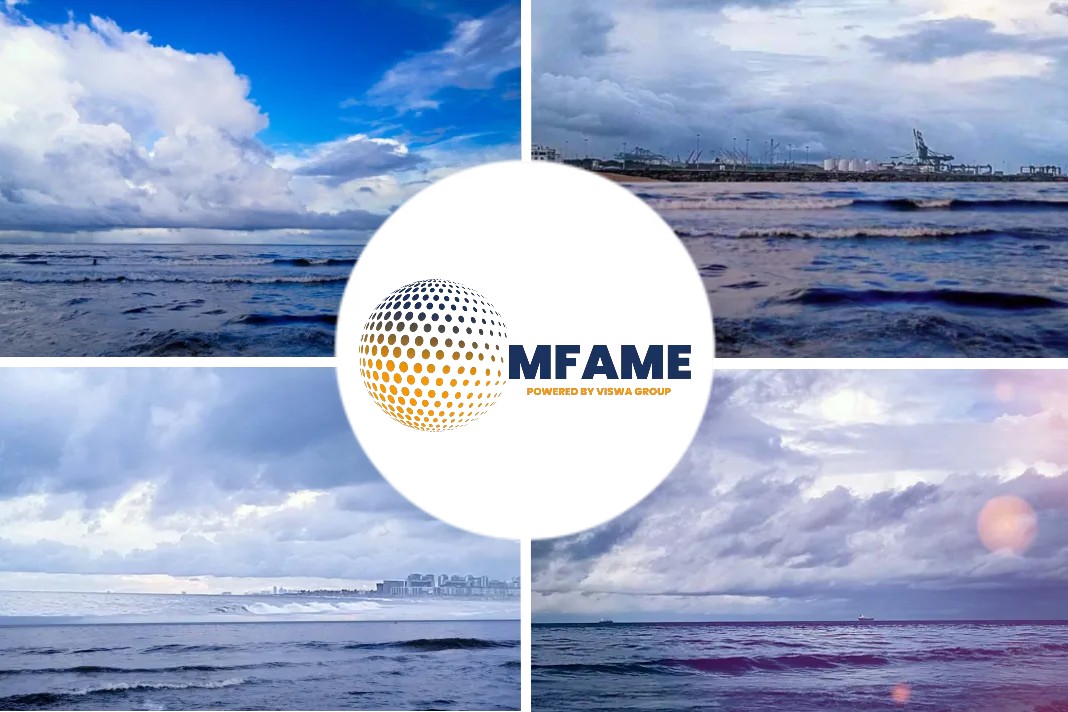New loopholes for international gas financing, states a Argus Media news source.
Cop 27 UN climate summit
When the Cop 27 UN climate summit concluded after negotiations had run into overtime, a last-minute reference to low-carbon fuels in the final cover text reignited a debate about support for natural gas, and exposed unfulfilled pledges made a year earlier to end international financing for fossil-fuel projects.
The summit’s final text, released in the early hours of 20 November, emphasised the need for a rapid reduction in global greenhouse gas (GHG) emissions “through increase in low-emissions and renewable energy”. A draft version released just days prior made no reference to low-emission sources, but the change is likely to have been prompted by the new emphasis on security of supply that have arisen since Russia invaded Ukraine in late February.
“The Egyptian [Cop 27] presidency produced a text that clearly protects oil and gas petro-states and the fossil fuel industries,” net-zero advocacy group European Climate Foundation’s chief executive Laurence Tubiana said.
Stop direct financial support for coal
A year earlier, at Cop 26 in Glasgow, countries had committed to stop direct financial support for coal, oil and gas projects not in their own countries by the end of 2022, except in “limited and clearly defined circumstances” consistent with the goals of the Paris agreement, which is to aim to limit global warming to 1.5°C against pre-industrial levels. But this year’s summit did not build on those measures, especially with regards to natural gas projects.
Some signatories of the Glasgow agreement have strayed from the pledge and, in the case of European governments faced with a desire to phase out Russian hydrocarbons, floated plans to help develop natural gas resources elsewhere. Leaders of the G7 major economies in June already added a caveat to their commitment, saying “publicly supported investment in the gas sector can be appropriate” in reducing dependency on Russian gas.
German economy and climate protection
Just a week before the beginning of Cop 27, German economy and climate protection minister Robert Habeck announced an early-stage agreement with Egypt for supply of LNG, to enable Germany to “become less dependent on Russian gas”. Around the same time, the Netherlands granted an exemption to financing for export credit insurance.
While the Dutch government pledged to abide by the Glasgow commitment, it said project applications that came in before the end of 2022 will be supported for a “transitional period of one year”. Export credit finance will be accessible until 2030 if the replacement of coal-fired stations with gas-fired stations in low-income countries is in line with European emission reduction targets. And it allowed for a short-term exemption of projects that “safeguard security of supply in Europe”, notably LNG terminals and infrastructure that are developed for existing LNG sources.
Belgium’s export credit agency Credendo also committed to the Glasgow pledge last year, but in July this year said new applications made for gas-fired power plants would still qualify for financing until 2025 — three years longer than pledged in Glasgow.
Advocacy organisation Oil Change International criticised the “backsliding” on pledges. It said Canada has loopholes for domestic oil and gas companies to continue receiving finance from its export credit agency beyond 2022.
Changing tune
These moves put some European countries at odds with the EU’s stance.
“There were too many attempts to even roll back what we agreed in Glasgow”, the bloc’s lead climate negotiator Frans Timmermans said during the Cop 27 closing plenary. UK lead negotiator Alok Sharma pointed to a last-minute weakening of the final text’s energy section.
Even the IEA, which has said the world’s path to net zero emissions by 2050 excludes any new oil and gas fields being approved for development beyond those already committed in 2021, has softened its stance. Developing gas sources in Africa would benefit the continent, its executive director Fatih Birol said this week, building on discussions between Senegal and G7 members on the potential establishment of a just energy transition partnership (JETP).
Germany’s chancellor Olaf Scholz said in May that he was interested in working with Senegal to develop the country’s gas resources, and the west African country’s president Macky Sall said he was “interested in supplying gas to the European market”.
“Today, Africa’s share of global emissions is about 3pc… so if Africa were to develop all the [gas] resources that have already been discovered then that 3pc would increase to 3.4pc”, Birol said.
Did you subscribe to our daily Newsletter?
It’s Free! Click here to Subscribe
Source: Argus Media






















